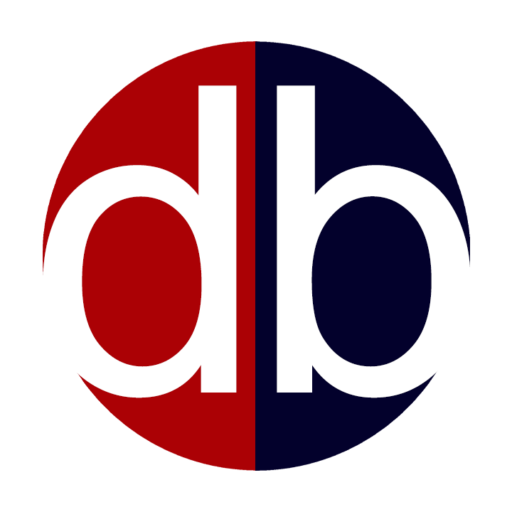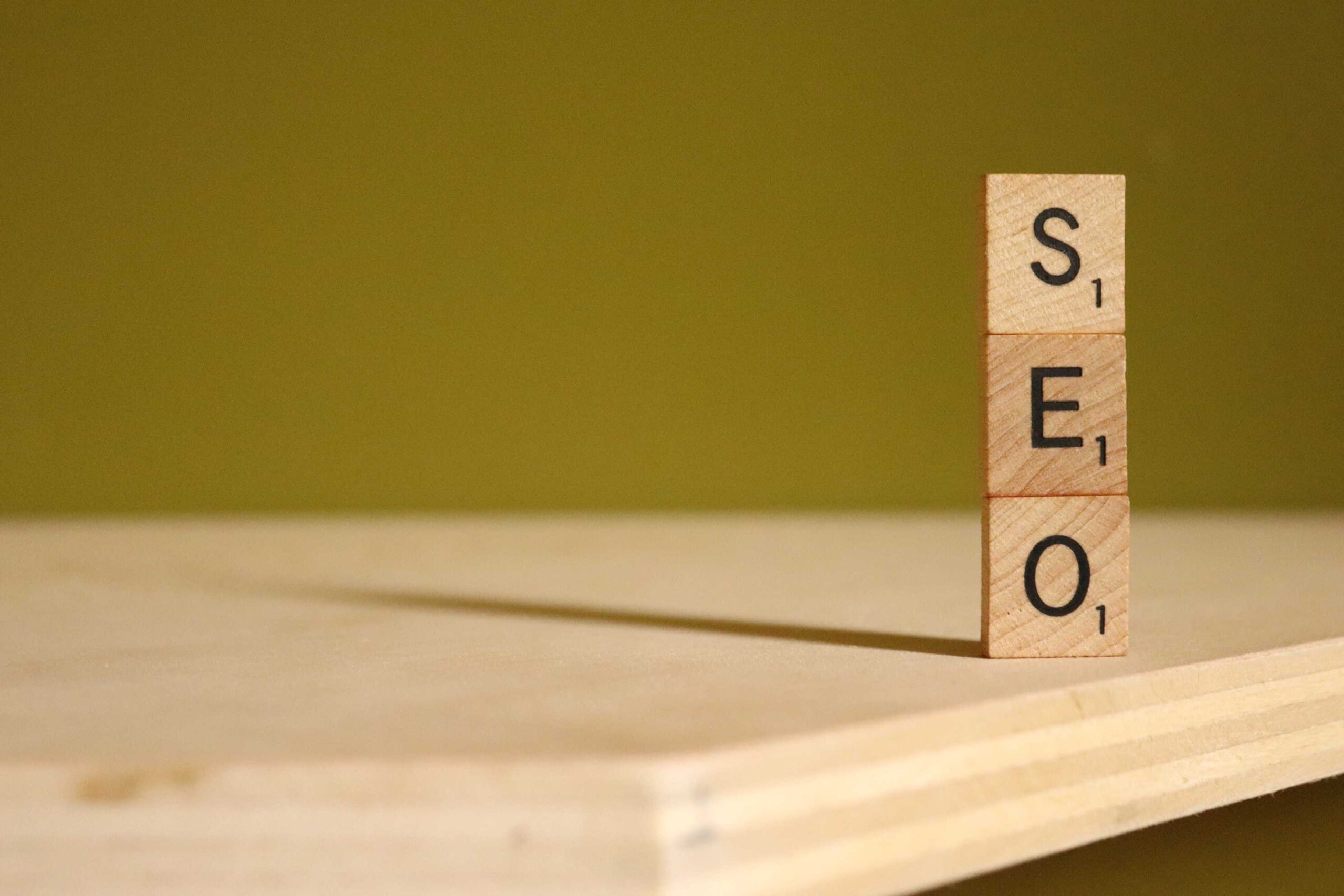Why We Are Best Digital Marketing Agency In USA
SEO stands for Search Engine Optimization. It refers to the practice of optimizing a website or web page to improve its visibility and ranking in search engine results pages (SERPs).
When you search for something on a search engine like Google, the search engine uses complex algorithms to determine which web pages to show in the results and in what order. SEO is the process of optimizing your website to rank higher in those search engine results pages, and thereby drive more traffic to your site.
You can increase your exposure and reach more potential customers who are looking for companies like yours by optimizing your website for search engines. In order to assist you in achieving your objectives and obtaining the outcomes you seek, I have developed a personalized SEO plan.
How SEO Will Help Your Business?
Increase visibility: By optimizing your website for search engines, you can increase your visibility in the SERPs, making it easier for potential customers to find you.
Improve website traffic: By ranking higher in the search results, you can attract more traffic to your website, which can lead to more leads, conversions, and sales.
Enhance user experience: SEO involves improving the technical aspects of your website, which can enhance the user experience and make it easier for users to navigate and find what they are looking for.
Build credibility: When your website appears at the top of the search results, it can enhance your credibility and authority in your industry, which can lead to more trust and conversions.
What We Do In SEO
On-page optimization refers to the various elements on a website that can be optimized to improve its search engine rankings and overall user experience. Here are some of the most important types of on-page optimization:
Content optimization: This involves optimizing the content on a website to make it more relevant and engaging for users and search engines. This can include optimizing the page titles, meta descriptions, headers, and body copy with relevant keywords and phrases.
URL optimization: Optimizing the URLs of a website can make them more readable and user-friendly. This can include using short, descriptive URLs that accurately reflect the content of the page.
Image optimization: Optimizing images on a website can help improve its load time and make it more visually appealing for users. This can include compressing images to reduce file size, optimizing alt tags and titles, and using descriptive file names.
Internal linking: Linking to other pages on a website can help improve its overall structure and user experience. This can include linking to related content within the site, using descriptive anchor text, and ensuring that links are working correctly.
Mobile optimization: Optimizing a website for mobile devices can help improve its user experience and search engine rankings. This can include using responsive design, optimizing the site’s load time, and ensuring that the site is easy to navigate on smaller screens.Page speed optimization: Improving the load time of a website can help improve its user experience and search engine rankings. This can include optimizing images and videos, reducing the number of HTTP requests, and using caching and compression techniques.
Off-page Optimization
Off-page SEO refers to activities that are performed outside of your website to improve its visibility and ranking in search engine results pages. Off-page SEO primarily focuses on building high-quality backlinks from other websites, as well as social media marketing, guest blogging, influencer outreach, and other forms of online marketing.
Link building: building high-quality backlinks from other websites to your own, through techniques such as guest blogging, broken link building, and outreach.
Content marketing: This involves creating high-quality, informative, and engaging content to attract and retain your target audience, as well as to build links and social signals to your website.
Social media marketing: promoting your website and content on social media platforms, to increase engagement, traffic, and backlinks.
Influencer outreach: partnering with influencers and thought leaders in your industry to promote your brand and content, and to build high-quality backlinks.
Technical SEO
Technical SEO refers to the optimization of the technical aspects of your website to make it more search engine-friendly. Technical SEO includes a wide range of techniques and strategies, including:
Website speed optimization: optimizing your website’s loading speed, to improve user experience and search engine crawling and indexing.
Mobile-friendliness: optimizing your website to be mobile-friendly and responsive, to accommodate the growing number of mobile users and to improve search engine rankings.
Crawlability and indexability: optimizing your website’s structure, navigation, and content to be easily crawl-able and index-able by search engines.
Schema markup: using schema markup to provide search engines with more information about your website and its content, to improve search engine understanding and relevance.
Overall, the goal of technical SEO is to improve the functionality, user experience, and search engine friendliness of your website, to improve its visibility, ranking, and performance in search engine results pages.




